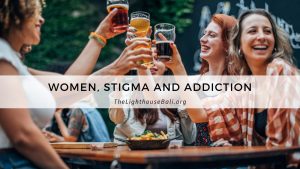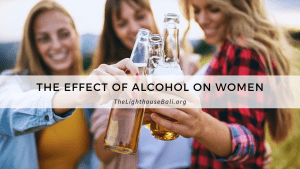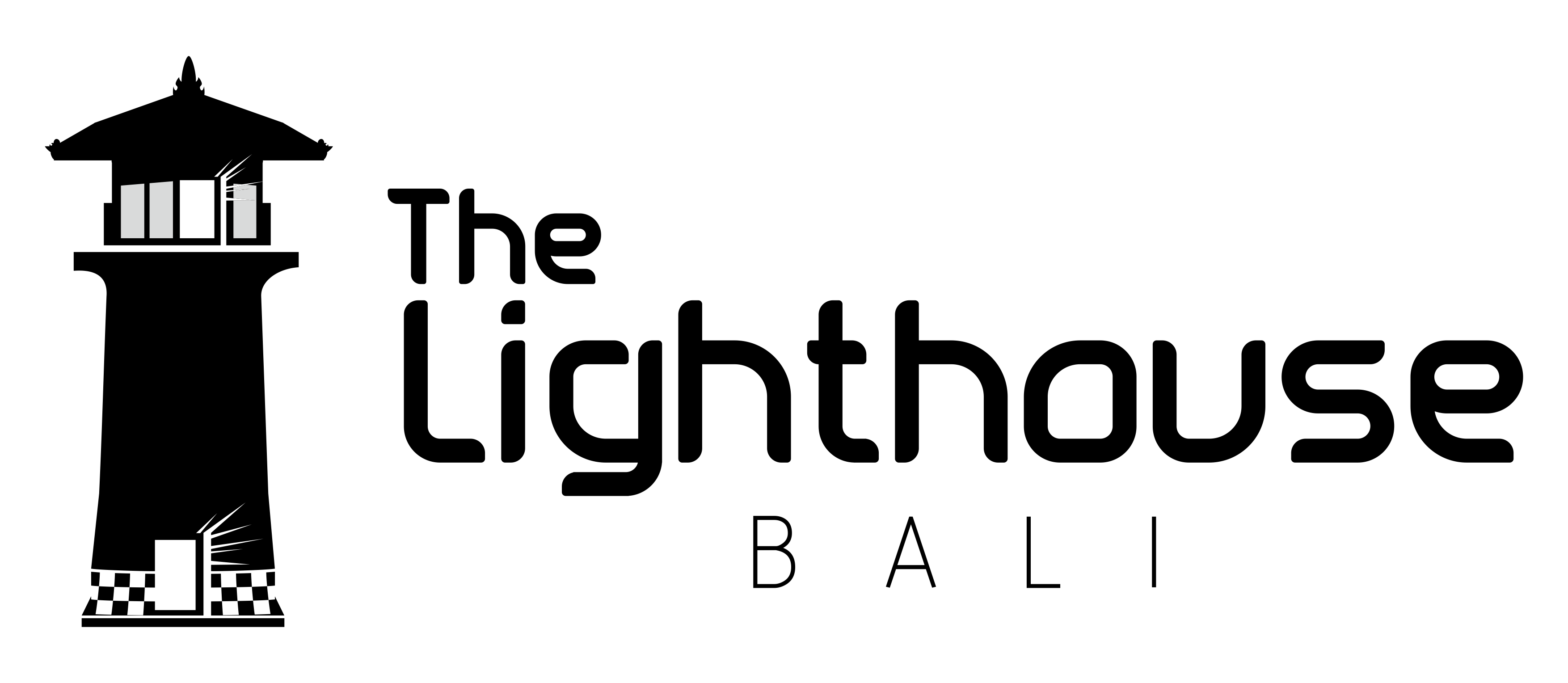
10 Signs You May Be Addicted to Your Prescription Medication
When people think about drug addiction or drug abuse they tend to think about ‘recreational’ drugs and illegal substances such as cocaine, methamphetamine, heroin or crystal meth. However, drug addiction is not limited to these so called ‘street drugs’. Many individuals who take prescription medications often fall victim to abuse and addiction. Simply because the medication is prescribed by a medical professional, the risks of abuse do not go away – addiction and dependence are still very stark realities for many.
Misuse of prescribed medications, especially opioids, central nervous system depressants, sleeping pills and stimulants are a serious public health problem in the United States. In 2017, an estimated 18 million people misused such medications at least once in the previous year. The number of drug overdose deaths decreased by 4% from 2017 to 2018. More than 67,000 people died from drug overdoses in 2018 in the United States and of those deaths, almost 70% involved prescription opioids.
Many individuals who abuse prescription drugs are prescribed these medications following a medical procedure and/or an injury. They did not purposefully seek out drugs and prior to being prescribed them they had no history of drug use or addiction. The most common prescription pain medications prescribed post injury include Vicodin, OxyContin, Percocet and Fentanyl, all of which are easily abused and highly addictive. While these medications offer immediate relief from pain, in order to feel ‘normal’, many individuals develop a chemical dependency on these drugs. Once a dependency has developed the user has to take increased quantities to achieve the same effect, which deepens the dependency – and without any intention the addiction cycle begins.
In addition to pain medications, tranquilizers, sleeping pills and stimulant medications are often abused and can be very addictive. Quite often, someone suffering from panic disorder will be prescribed a benzodiazepine such as Valium or Xanax to alleviate their symptoms. These substances are highly addictive, as are a number of sleeping pills, such as Ambien and Sonata; many stimulant medications (Ritalin, Concerta, Dexedrine, Adderall, to name a few) are frequently abused, as well.
Could You or a Loved One be Addicted to your Medications?
The following checklist highlights the top 10 warning signs for prescription drug abuse. Do you recognize yourself or someone close to you in these behaviours?
- Increased usage: As dependency and tolerance to medications grow, people typically start taking increased doses, often with less and less time between doses. If you, or someone you know, is increasing the amount and frequency of their doses, beware – this is a big red flag for possible addiction – especially if they are hiding their increased usage.
- Social withdrawal: Individuals who are dependent on prescription medication or who abuse these medications are more likely to withdraw from friends, family and other social interaction. Individuals may be inexplicably absent from experiences and events that once brought fulfilment and happiness to them in the past.
- Change in personality: An individual who is abusing prescription medication will almost always undergo a profound change in personality which is noticeable to those who are close to them. Their “normal behaviour” is replaced with a single-minded focus on their need for prescription drugs (which doctor or hospital to approach, how many refills will they get, which pharmacy to take the prescription to, when to pick it up, how much will it cost – the list goes on and on). This can lead to erratic and irrational behaviour, an inability to focus or concentrate for long periods, unexplained mood swings, restlessness and irritability, depression and anxiety and outbursts of anger.
- Change in daily habits and appearance: Individuals who are dependent on prescription drugs often spend less time grooming or caring for their physical appearance; in more advanced cases personal hygiene may completely fall apart. Changes in sleeping and eating habits are common. Individuals dependent on prescription drugs are likely to have a constant runny nose and cough, as well as red, glazed eyes.
- Blackouts and forgetfulness: Forgetting about important events, such as a birthday or family gathering, as well as forgetting about day-to-day commitments, like office meetings or picking the kids up from school, are common. The individual may also forget the details of events that recently took place and they may also suffer from blackouts.
- Increased sensitivity: Prescription drug abuse intensifies an individual’s reaction to normal sights and sounds. Normal visual and auditory experiences can be over stimulating and intense. An individual who is developing an addiction may shy away from bright sunlight by preferring to keep the curtains drawn. Depending on the amount of prescription drugs being abused, hallucinations may also occur.
- Over defensiveness: Individuals who are abusing prescription drugs may become defensive and angry when others question their drug use. They may lash out if they feel like their secret is being discovered – even if they are just being asked a simple and straightforward question.
- Making excuses: Individuals who abuse prescription drugs will frequently make excuses to justify or hide their behaviour. Examples may include lying at work about why they need time off, being dishonest about money and spending, making excuses not to go out or to be on their own.
- Frequent doctor visits: Individuals who abuse prescription drugs may obtain their prescriptions by visiting multiple doctors to obtain multiple prescriptions – and then go to different pharmacies to have these prescriptions filled. Take into consideration that they will be running out of medication before they are due another prescription. By rotating doctor’s clinics they can avoid the doctor knowing that they are taking more than their prescribed dosage.
- Denial: Someone who has developed an addiction for prescription (or any) drugs will often insist that they are not addicted and ‘can stop at any time’. In reality, they may have tried to quit, but are unable to do so and are confused as to how they ended up in the situation they now find themselves in. The individual may be feeling shame and guilt that they have developed a reliance on drugs and will convince themselves, and others around them, that this isn’t the case.
Do you recognise any of these signs in your own behaviour or in someone close to you? If you have been prescribed medication which you now feel you have developed an addiction to, you do not need to go through this alone. The time is now to get the help you need, before your situation gets worse. Addiction does not just go away on its own and the longer you continue to abuse your prescription drugs, the worse the addiction will become. Addiction is a progressive illness but it is not irreversible, and the sooner you start the process of getting clean and sober, the easier it will be.
Next Steps:
If you want to overcome your addiction, we want to help you. If you are unable to travel to Bali at this time due to COVID, we can start your program online at any time. For more information about what an online recovery program involves take a look at our information page here.
At The Lighthouse Bali we treat a broad spectrum of addictions by working with individuals to overcome their situations. Our team of highly qualified and understanding professionals come from all walks of life and each member of our support staff is living proof that addiction can be overcome.
Our goal is to help you achieve freedom from substances and to embrace a fuller, healthier and happier future.
Don’t suffer in silence, reach out for help and start your journey to recovery. Contact us for a confidential consultation on: info@thelighthousebali.org or call us on +62 858 5731 3512
Please note that if you are taking more than your prescribed dosage of prescription medication, trying to stop on your own can be dangerous, and in some cases even life threatening. We urge you to seek professional help immediately.
Learn More

CREA 2023 Awards
The esteemed CREA Award is proudly presented to Dr. Julia A. Andre by the Brainz Magazine Selection Committee, acknowledging her remarkable contributions to the field of trauma therapy and mental health…

Women and the Stigma of Addiction
Why is the stigma of addiction so much stronger against women than men? Read more here…

Effects of Alcohol on the Female Body
Drinking alcohol is common in men and women but did you know that the effects of alcohol differ between genders?
